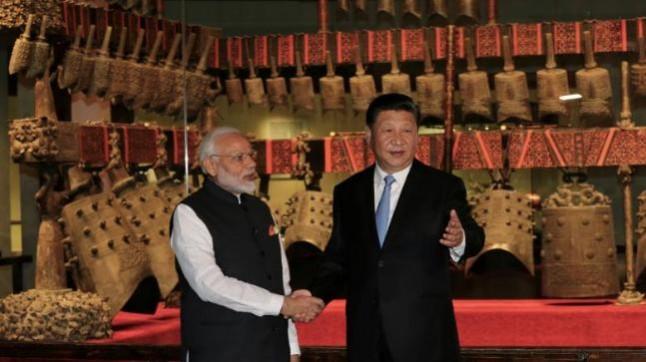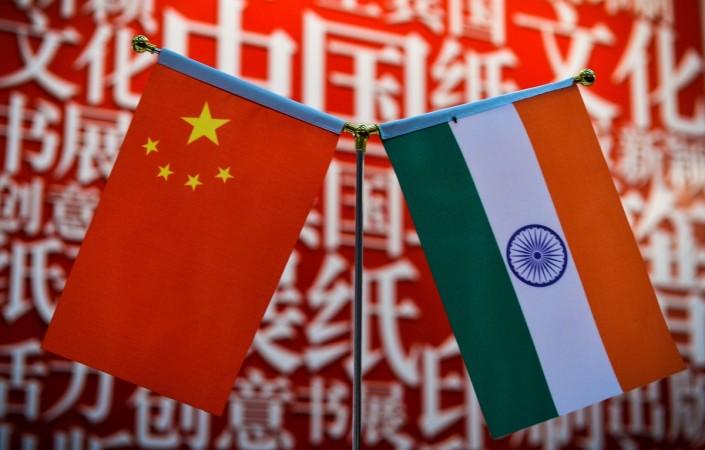
India and China will be looking to build momentum during the second India-China informal summit scheduled to be held in Mamallapuram, Tamil Nadu, next week. The two countries will not be looking for a "result-oriented" meeting, Hindustan Times reported. The Asian powerhouses will be expecting to build on the positive momentum created by the inaugural informal meeting between Prime Minister Narendra Modi and President Xi Jinping at Wuhan in April 2018.
The summit had no fixed agenda and a wide range of issues were deliberated upon. The upcoming meeting is likely to be more about recalibrating positions to address the concerns through dialogues, people privy to the development said. However, either of the countries is yet to officially announce the dates and venue of the summit.
In the recent times, the two countries have been engaged in extensive negotiations to ensure smooth conduct of meeting after a tensed period by China's reservation against India's move to abrogate Article 370, revoking the special status to Jammu and Kashmir. Luo Zhaohui, the vice-minister in China's foreign ministry and former envoy to India, met foreign secretary, Vijay Gokhale, in New Delhi as a prelude to the summit and to discuss the preparation. One of the sources requesting anonymity said, "The summit is going to be held when the bilateral relationship is passing through testing times, including over the proactive role played by China on the Kashmir issue at the UN General Assembly and UN Security Council on behalf of Pakistan.''

"It's clear that both sides won't give up their longstanding positions on core issues, and the summit will be about carefully calibrating positions to satisfy the other partner and to take care of each other's sensitivities. In that sense, it won't be a result-oriented meeting but it will be more useful than some of the other meetings," he further added. PM Modi and Chinese President Xi Jinping met in Wuhan after a 73-day stand-off between Indian and Chinese troops at Doklam which drastically tensed the relations between two countries. Both the countries have decided to "issue strategic guidance to their militaries to strengthen communication" in order to build trust and mutual understanding and enhance predictability and effectiveness in the management of border affairs, essentially to avoid another Doklam-like confrontation.

















